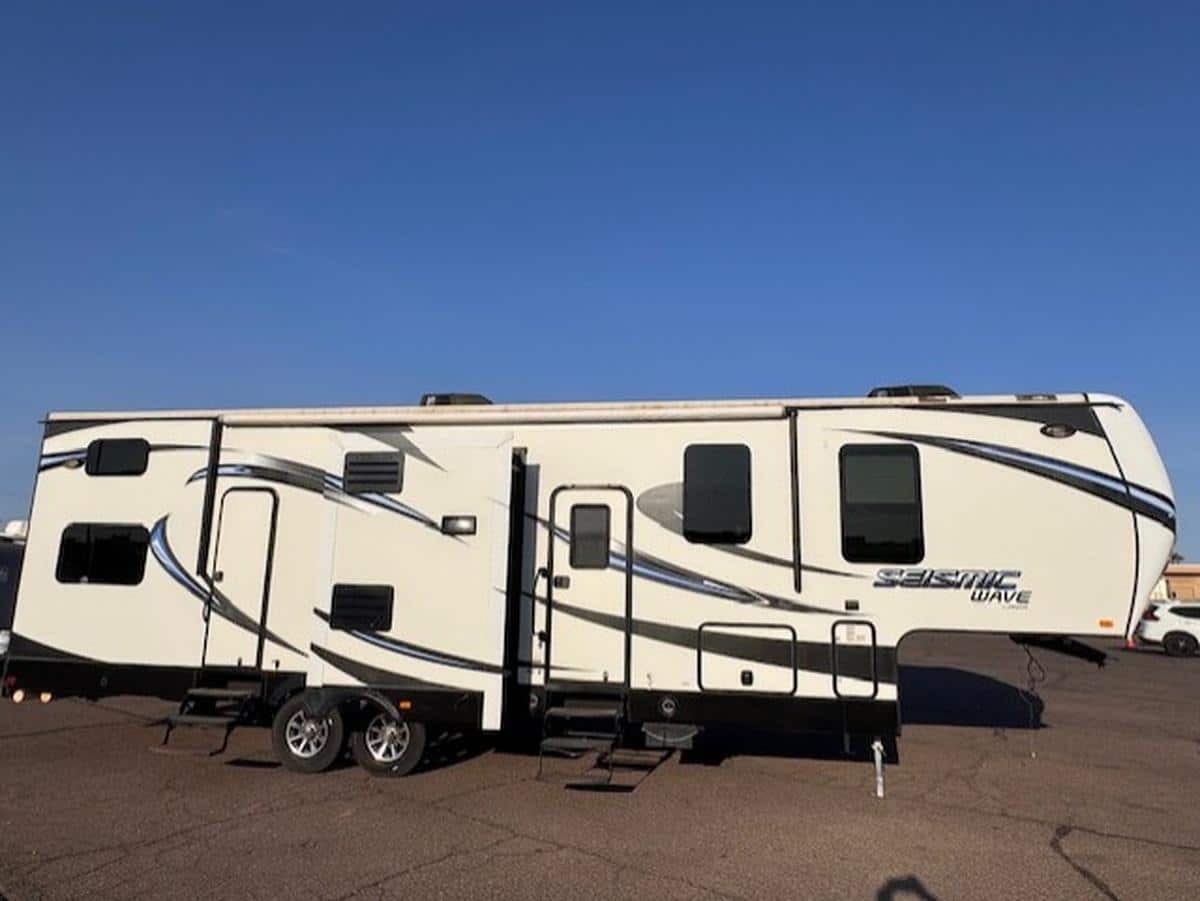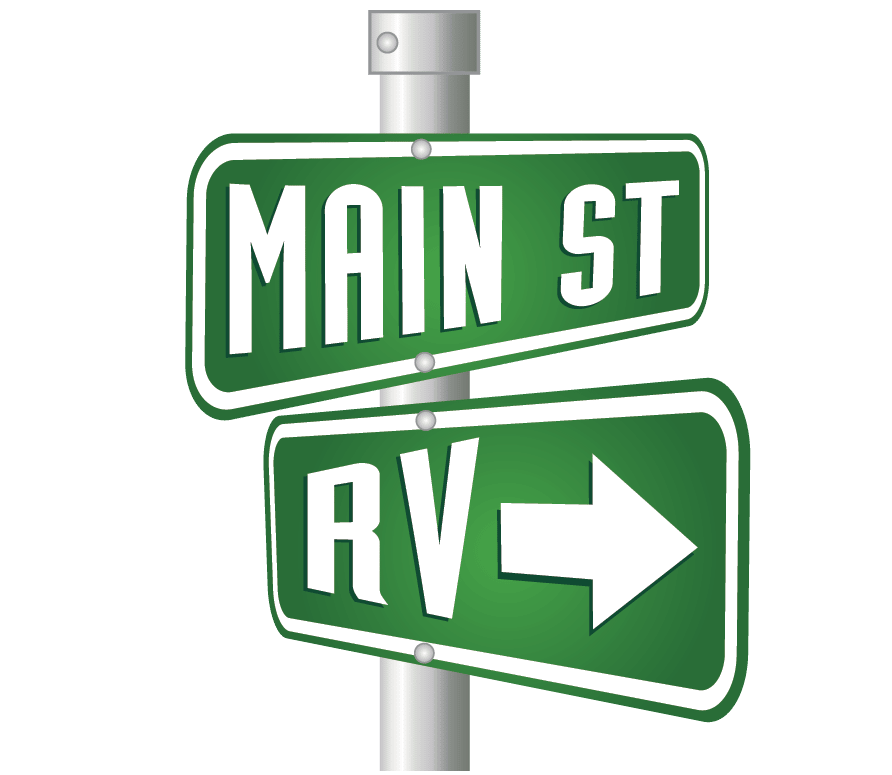The Ultimate RV Buyer’s Checklist: 25 Things to Inspect Before You Buy New or Used
🌟 Special Offers from Main Street RV
📞 Call 480-626-8845 – NO CITY SALES TAX!
🔋 Solar & Lithium Installs
Upgrade your RV with sustainable, off-grid power solutions.
🚐 Free RV Consignment
Let us help you sell your RV—no consignment fees!
⭐ Love Your Experience?
Leave us a Google review—we appreciate your feedback!
📍 Visit or Call Today
Stop by or call to schedule a viewing.
Your next adventure starts here!

# The Ultimate RV Buyer’s Checklist: 25 Things to Inspect Before You Buy New or Used
Whether you’re buying your first travel trailer or upgrading to a diesel pusher, buying an RV is a big investment—and one that should never be rushed. A pretty floorplan or flashy feature can distract from underlying problems that could cost thousands down the road. That’s why we created this ultimate RV buyer’s checklist: 25 must-check items that could make or break your RV experience.
Whether you’re shopping brand new or used, this guide is designed to help you inspect smarter and buy with confidence.
—
## Exterior Inspection Checklist
### 1. **Roof Condition**
Climb up or use a ladder to check for soft spots, sealant cracks, water damage, or patches. Rubber, TPO, or fiberglass roofs all require regular maintenance.
### 2. **Sidewalls**
Look for delamination (bubbling or waviness), stress cracks, fading, or signs of repair. Press gently to check for softness (which can indicate hidden rot).
### 3. **Windows & Seals**
Inspect caulking and window frames for cracks or leaks. Fogged dual-pane windows could be costly to replace.
### 4. **Slide-outs**
Run each slide in and out. Listen for grinding or hesitation. Inspect slide seals, motors, and floors for water intrusion or sagging.
### 5. **Tires (DOT Date & Wear)**
Even if tread looks good, tires over 5–7 years old should be replaced. Check sidewalls for cracking or UV damage.
### 6. **Storage Bays**
Open every bay. Look for rust, corrosion, water damage, or broken locks/latches. Smell for mold or mildew.
### 7. **Awning Condition**
Manually extend awnings and check the fabric for holes, mildew, and tearing. Verify arms and motor (if electric) are functioning.
—
## Interior Inspection Checklist
### 8. **Ceiling & Corners (Water Damage)**
Water leaves stains. Carefully inspect ceilings, especially around vents, AC units, and slide seams.
### 9. **Floor Soft Spots**
Walk everywhere—slowly. Soft flooring often signals water intrusion or rot, especially near entry doors and bathrooms.
### 10. **Cabinets & Drawers**
Open every drawer and cabinet. Look for swelling, delamination, or funky smells.
### 11. **Furniture Wear**
RV furniture may not age well. Check cushions, stitching, and the frame—especially if it’s a sleeper sofa or recliner.
### 12. **Bathroom Condition**
Run water, flush the toilet, check for leaks. Look at caulking, water pressure, and the state of the fan vent.
### 13. **Kitchen Appliances**
Turn on every appliance—stove, oven, microwave, fridge. Check for rust, gas leaks, or electrical issues.
—
## Mechanical & Utility Systems
### 14. **Electrical System (12V and 120V)**
Plug into shore power. Test outlets, lights, GFCIs. Ensure battery voltage is healthy and converter/charger works.
### 15. **Water System**
Fill the fresh water tank, turn on the pump, and run all faucets. Check for leaks under sinks and around the water heater.
### 16. **Water Heater Operation**
Whether it’s gas, electric, or combo, verify that it heats correctly. No hot water? Could be a costly fix.
### 17. **Air Conditioning & Furnace**
Test both AC and heat. Weak airflow or strange noises are red flags.
### 18. **LP Gas System**
Check propane tank age and condition. Test the leak detector, stove, furnace, and fridge (if it’s propane-based).
### 19. **Generator Functionality**
Start the generator. Make sure it runs under load and doesn’t surge or cut out.
### 20. **Inverter/Converter**
Verify that both the converter (12V battery charging) and inverter (DC to AC) are working if equipped.
—
## Driving & Chassis Components (Motorhomes Only)
### 21. **Engine & Transmission Health**
Listen for unusual sounds, check for leaks, and ask for service records. Look at the engine oil, trans fluid, and coolant levels.
### 22. **Brake System**
A test drive is a must. Note braking distance, pedal feel, and any pulling or grinding.
### 23. **Steering & Suspension**
Does it wander? Sway on turns? Bounce excessively? These could mean worn shocks, bushings, or alignment issues.
### 24. **Odometer & Chassis Age**
Some older RVs have low miles—but age still impacts rubber lines, seals, and belts. Don’t assume low mileage means low wear.
—
## Final Walkthrough
### 25. **Title, VIN, and Documentation**
Make sure the title is clean and matches the VIN on the RV. Ask about ownership history, accident reports, and any warranties that transfer.
—
## Download Your Free Printable RV Buyer’s Checklist
📄 Download The Ultimate RV Buyer’s Checklist (DOCX)
Want to take this list with you while shopping? [**Download our free printable PDF checklist**](#) and keep it on your phone or clip it to a clipboard. It’s the ultimate tool for comparing rigs and protecting your investment.
—
### Final Thoughts
A smooth RV purchase starts with smart inspection. Whether you’re buying from a dealership, private party, or consignment lot, this checklist gives you leverage to ask questions, request repairs, or negotiate price. And if you’re unsure about any system? Get a professional RV inspection—it could save you thousands.
If you’re shopping in Arizona, come by **Main Street RV in Apache Junction**. We’re happy to walk you through units, answer technical questions, and even help you evaluate an RV you’re considering elsewhere. Call us at **480-626-8845** or visit [mainstreetrv.com](https://www.mainstreetrv.com).
Shopping for an RV? Use this ultimate 25-point buyer’s checklist to inspect any new or used RV before you buy. Avoid costly surprises and shop smarter.
